From teaching to Turing to Silicon Valley
How a Turing alumni used her skills from her previous career paired with what she learned at Turing to find her dream job.
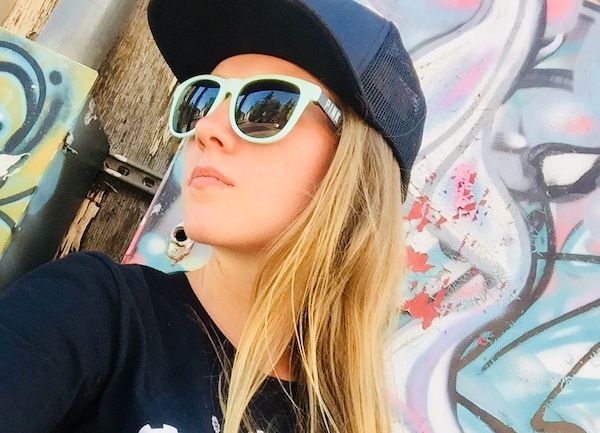
Katherine Lewis started learning to code to help her students. As a Teach For America corps member, she spent her first summer break as a facilitator for Kode with Klossy summer camps that are focused on teaching middle and high school aged girls to code.
"After four summer camps, I knew I loved programming, but I never thought it could become my career," she said.
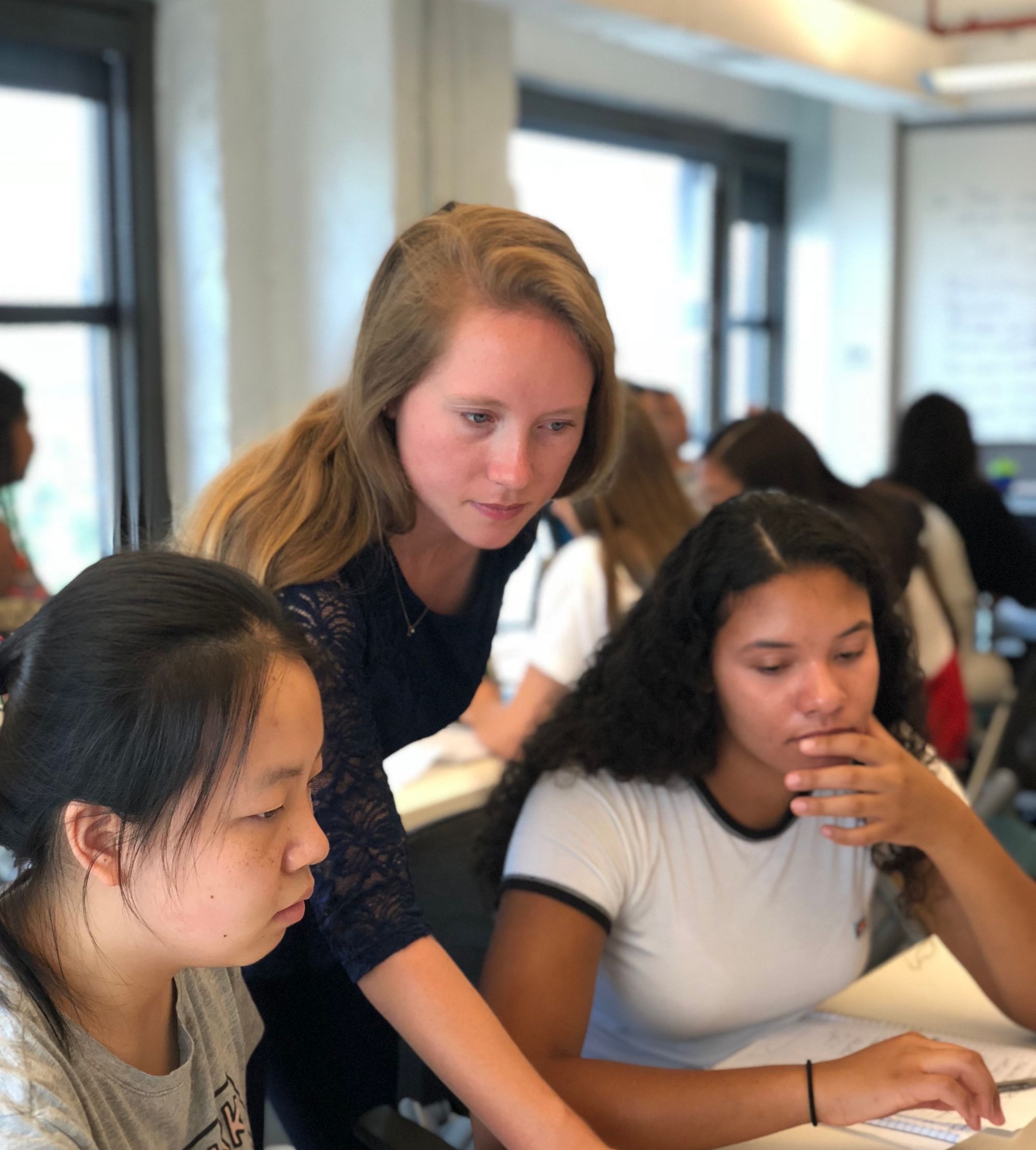
After two years of teaching elementary school, Katherine felt ready to find a new career path. With her background in business, she decided to pursue management consulting, but when a few interviews with top firms didn’t lead to an offer, she reconsidered what kind of career she even wanted.
“I was at a crossroads and had to decide what to do next, I remembered Turing School was a partner of Kode with Klossy and I appreciated how their mission aligned with my values.”
While many students opt to research a few different bootcamps and technical training programs, Katherine was set on Turing from the beginning because she already lived in Denver and she felt a connection to Turing’s mission of helping a diverse and inclusive student body find high-fulfillment technical careers.
“I didn’t see other programs with as much of an emphasis on the social aspect of programming. I didn’t want to just learn how to code, I wanted to be a responsible engineer,” she explained. “I felt confident Turing would give me that based on my experience at the Kode with Klossy workshops that were ran by Turing instructors."
Katherine started Turing's Front End program in January 2019 and immediately began learning technical concepts and figuring out how to apply them to projects with her cohort mates.
“I didn’t expect to meet so many quality people in the program. Everyone came from different backgrounds, but we all bonded so well through the challenging process.” she said. “We watched each other grow and evolve and that created a strong community.”
One of her proudest accomplishments came when her team built an application that won first place in Turing’s Demo Competition (a showcase of top student projects for employers and industry experts).
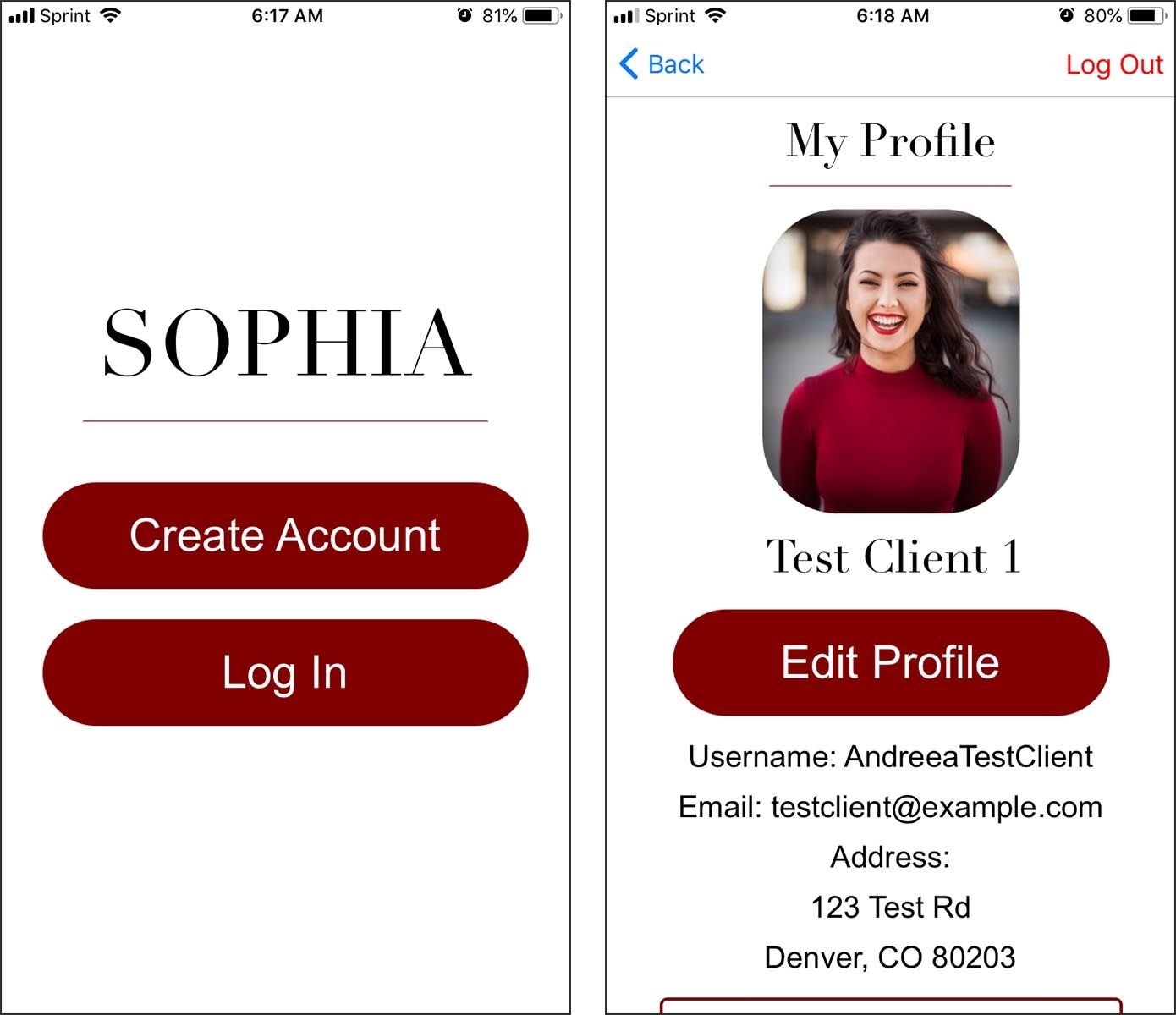
The project was her idea, born out of a problem that was close to home.
“My mom was going through a difficult illness and needed a lot of assistance at home,” Katherine said. “I knew there had to be a better way to organize the logistics, from a technical standpoint.”
The team worked on a React Native mobile iOS application called SOPHIA. It was a two sided application where the caretaker and the person in need of assistance had their own accounts. The caretaker could check off things on a list that the person in need created.
On the road to big wins like this there are always challenges and set-backs. For Katherine, that came from experiencing burnout during Mod 3. Turing School’s program is broken up to four six week stretches of learning and projects called Modules or Mods.
“I failed and ended up repeating. It was the worst time in my mom’s illness and I was pushed over the edge in terms of what I could mentally digest. But, this was actually the best experience for me,” she said. “At my job now, all the work I do is in React and Mod 3 was when I learned that. Repeating solidified the concepts and I’m grateful to have done it twice.”
Throughout her time in the program, Katherine remained focused on her end goal of finding a fulfilling career at a company that aligned with her personal values.
She spent time in Mod 2 getting her job hunt started, applying to jobs online and trying to get interview practice.
“I didn’t get any responses from those online applications, so during my second time through Mod 3, I focused on finding mentors within the Turing community,” she shared.
She used her time with mentors to practice interview skills and build confidence in how she communicated technical concepts.
Come Mod 4, she got strategic about her job hunt and started applying to positions where she personally knew someone at the company, attending meetups, and seeking recommendations from 1:1 relationships she had built through professional networking.
In the six weeks after graduating in September 2019, Katherine accepted her first position at a startup company as a Junior Full Stack Engineer, signed up for hack-a-thons and other projects and accepted a contract position from a mentor in an effort to soak up as much experience as she could.
The job hunt excitement wasn’t over quite yet, as she was approached by two more companies. One of these was from an online application she had completed as a student. The company was LinkedIn.
“I wanted to challenge myself. LinkedIn was a company I never thought I could work for and being asked to interview felt like a dream. I knew I had to take the opportunity and see what might come from it.”
Looking to hire great devs like Katherine?
Find more of our people on Terminal
The interview process gave Katherine a chance to highlight how her past experiences as a teacher and in business gave her a unique perspective as a software engineer.
After completing a phone screening, she was invited to a full-day interview at the LinkedIn campus in Sunnyvale where she had a behavioral interview with senior engineers, lunch with a junior engineer and a two hour technical interview where she explained her code.
“The coolest moment was at the end of the technical interview,” said Katherine. “I went through every file and line of code from the word game I had created and one of the Senior Engineers told me that it was the best explanation he had ever heard.”
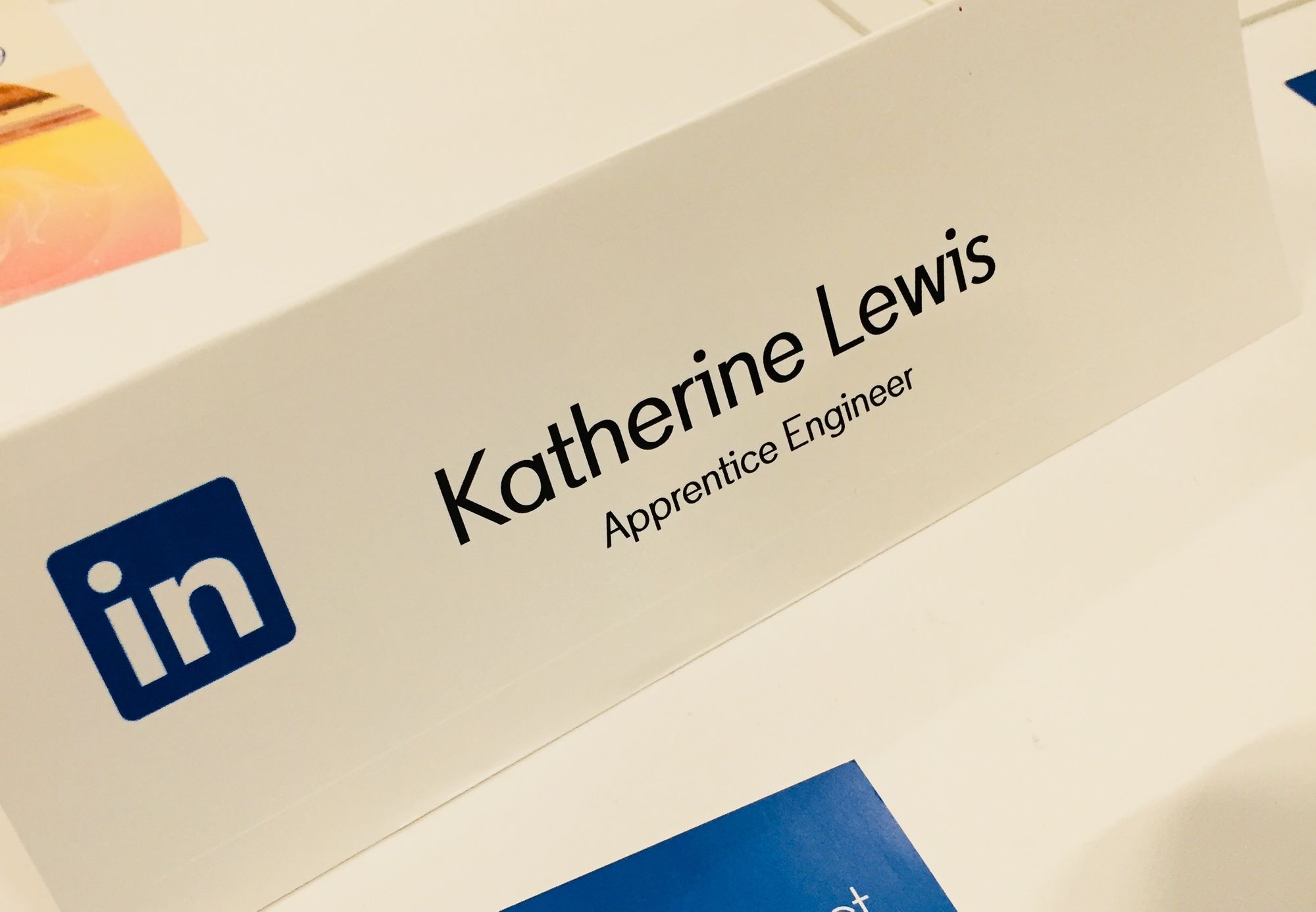
Being able to speak comfortably and clearly explain technical concepts came from her experience as a teacher - years of practicing clear communication, educating others, and time management helped her receive a job offer that she felt good about.
“Before Turing, I was on a $35,000 teacher salary trying to pay off existing student loans. I started at ground zero, took out a loan to attend, and made sure to be strategic in my job hunt so I could start paying off my loans quickly,” Katherine explained.
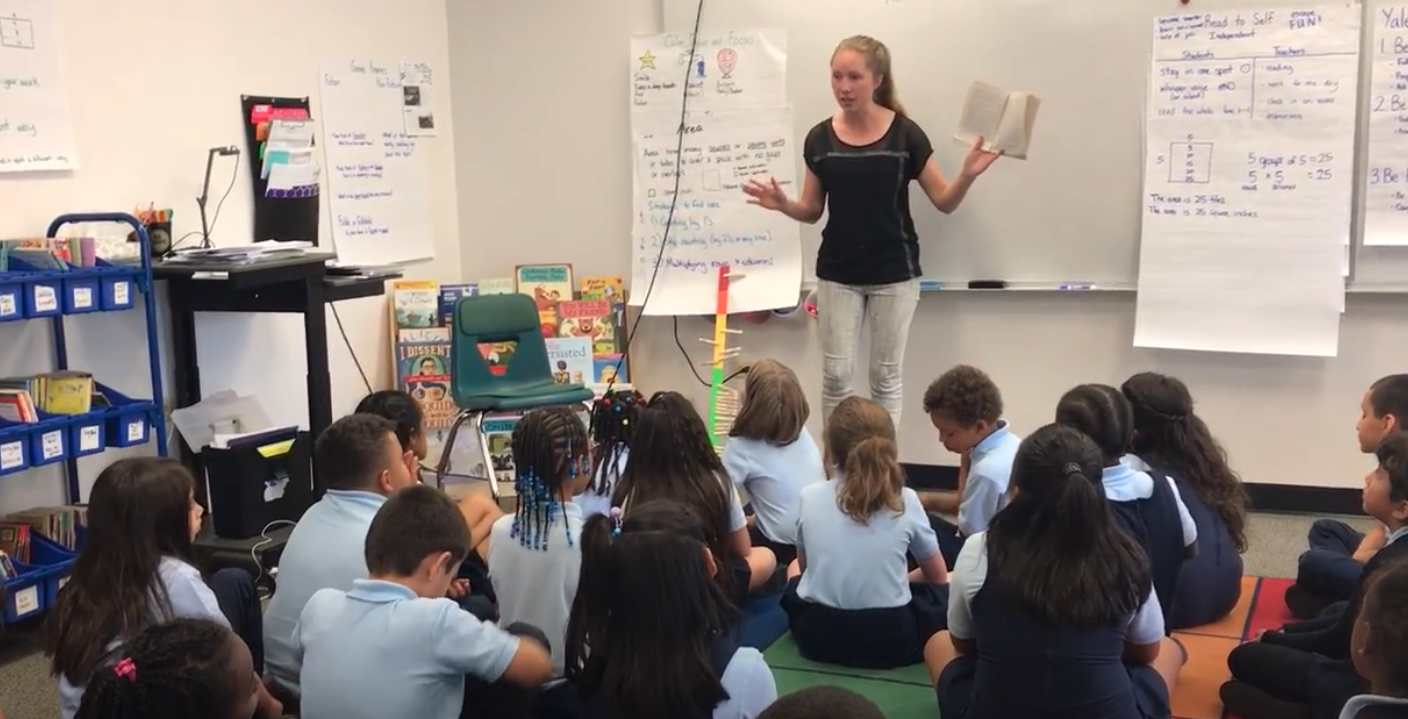
“With my starting salary at LinkedIn, my income more than doubled. The company aligned with my values and the company culture was exactly what I was looking for.”
Another thing that was important to Katherine was being able to continue to help students in her new career, just like when she was a teacher. Since starting at LinkedIn, she facilitated a hackathon for students and hopes to increase opportunities like this as her own skills and network increase.
“There’s so much capacity to help students. There’s no way we could do education without technology and I couldn’t give back without what I learned at Turing, I want to help others who are interested in learning and be an advocate for inclusivity in the tech world.”
